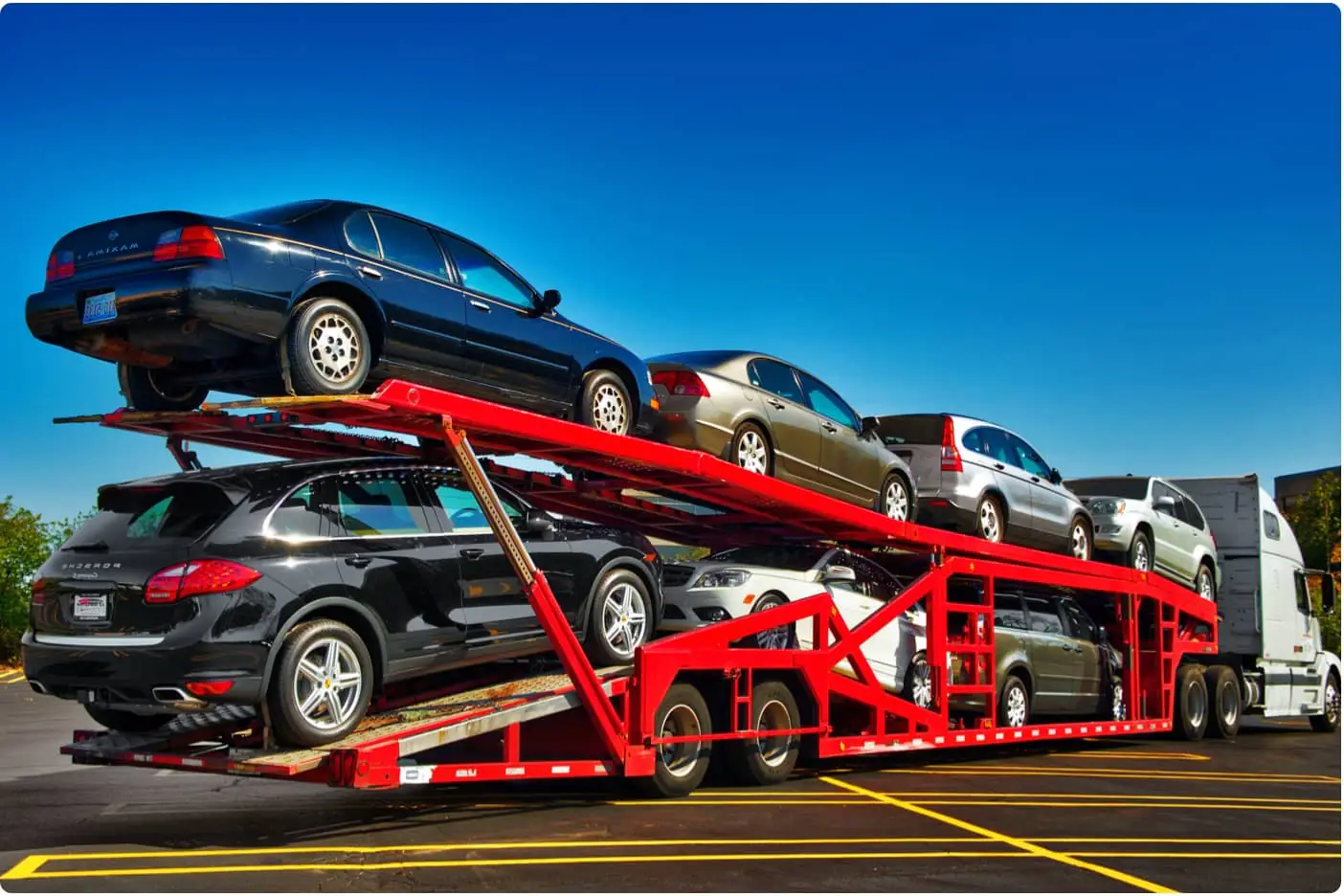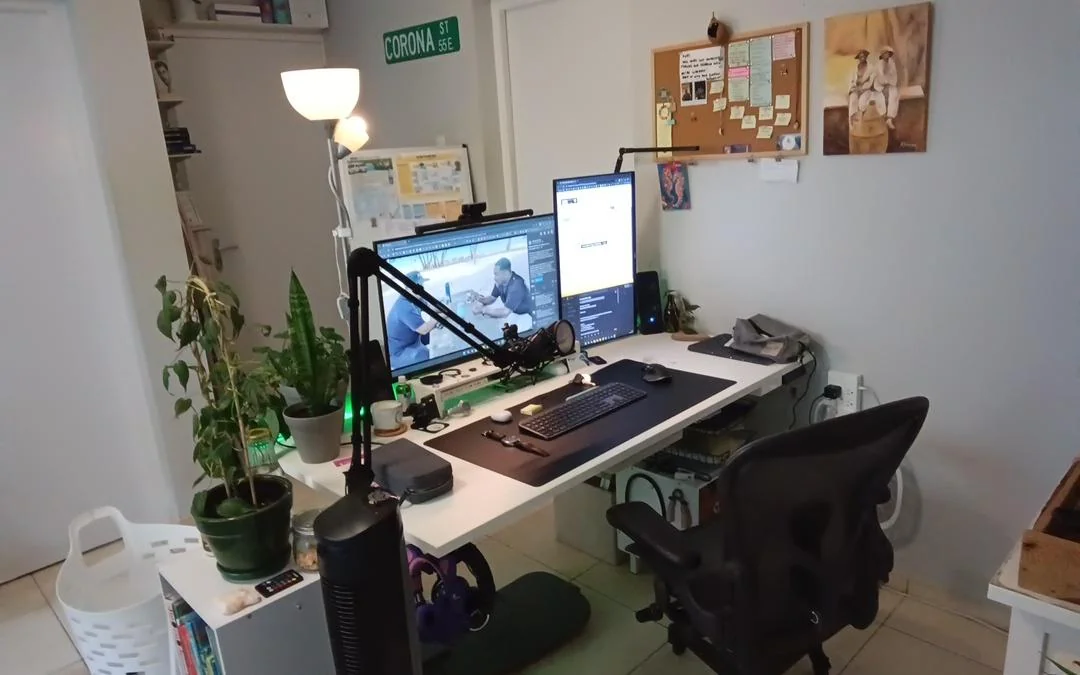Solo Moves: Tips for Moving By Yourself
Unveil expert strategies for conquering the solo move experience with confidence and ease. From emotional preparation to expert packing tips, make your solo move a breeze!
Speak With A Shipping Expert And Save 10%
Call (866) 333-8018
The number of adults living alone has almost doubled in only a few decades, and the single-person household trend shows no sign of slowing down. Living alone offers the opportunity to strengthen your independence and many other tempting perks, but it does have some challenges.
If you plan to live alone, simply making a small move to your new space is likely your first significant hurdle. Even if your back can handle moving furniture and heavy boxes alone, the logistical, mental, and emotional challenges can pile on. Moving alone is worth it; however, practicing self-reliance by making small moves presents many unique opportunities to learn and grow.
With careful preparation, moving on your own can be a smooth and rewarding process. Below, you can find organization tips, packing strategies, and other planning advice for a solo move.
Emotional Preparation for Solo Moves
Moving alone can feel isolating, especially if you've only moved with your family. Despite feeling overwhelmed and facing the potential difficulties of moving when single, it's important to remember that you're not alone in your experience. Take a cue from your friends and peers, and trust that if they can move and build a "solo life" on their own, then you can too.
Instead of seeing yourself as alone, take the opportunity to empower yourself through your newfound independence. Build your confidence in your capabilities, resourcefulness, and problem-solving skills, and watch as you grow into a mentally and emotionally stronger version of yourself.
Solo moving often takes some courage and determination, but you can help keep yourself motivated and positive with a few simple strategies. These can include:
- Setting small and attainable daily packing and moving goals
- Creating an upbeat moving playlist
- Rewarding yourself for checking items off your to-do list, such as a fancy coffee for a small task or a night out for a big task
- Scheduling downtime so you can physically and emotionally recharge and prevent burnout
- Listening to a lighthearted and engaging podcast
The benefits of a robust support system also can't be overstated. Whether you chat with a friend on speakerphone while you pack, schedule regular video calls with friends and family, or reach out to online communities in your new neighborhood, having a supportive social network can help you feel at home no matter where you are.
Planning and Organizing Your Move
To keep your move organized and on track, start with a detailed checklist that outlines every part of the process. You can use this solo moving checklist example as a guide:
- Confirm moving date
- Organize and pack your belongings
- Downsize To A Small Move: Donate, sell, or dispose of unneeded items
- Purchase or rent moving supplies
- Schedule moving truck rental or movers
- Arrange packing and shipping
- Pack moving day essentials, such as toiletries or important documents
Many of these checklist items break down into small tasks, such as calling for quotes from small movers before confirming or organizing your belongings room-by-room before packing. While a paper checklist can do the job, using a timer or task management app can help you track your progress. Some of these apps are free and offer tools for tracking your time during each step on your checklist, scheduling moving tasks, and creating subtasks.
Your budget can influence the tasks on your checklist and the time you'll need to organize your move. For example, saving on moving costs might mean moving your items yourself rather than hiring professionals, requiring you to set aside extra time. For rentals, moving supplies, or other expenses, get quotes from multiple sources to find the most cost-effective option. Get an idea of your moving budget and track of your costs by using budgeting tools such as spreadsheets or free apps.
Packing Strategies for Solo Movers
Getting an early start on your packing is a key strategy for a smooth solo move. From there, keep your items organized by using efficient packing techniques such as breaking your packing down room by room, packing similar items together, and labeling boxes by room with a brief description of their contents. Don't forget to purge your belongings of items you no longer need, especially if you're moving in with a roommate and sharing living space.
Remember that fragile and heavy items often need special attention when packing. Dishware, for example, should be carefully wrapped with packing paper, and empty spaces in the moving box should be filled with paper or fabric to prevent items from shifting and breaking. Pack electronics in padded containers with cables and accessories removed. Every box or crate should be securely taped or snapped closed. Keep in mind that placing too many heavy objects in a single box can make it difficult or hazardous for you to carry on your own.
Moving alone can be physically demanding, but using the right supplies can limit strain and hazards. You can often rent or buy the following supplies from local hardware or home improvement stores and moving service companies:
- Gloves
- Packing tape
- Boxes or crates of varying sizes
- Labels
- Permanent markers
- Bubble wrap, packing paper, or foam sheets
- Furniture sliders
- Ratchet straps
- Dollies
Finding and Using External Resources
Managing the labor involved with moving on your own can cut down on costs and provide you with control over the timeline, packing methods, and other details. However, a DIY move comes with other costs, such as truck rentals, gasoline, time off from work, hotels, purchasing moving equipment and packing supplies.
Hiring a professional moving company comes with a higher upfront cost than with a DIY move. If you have room in your budget to hire professionals, take advantage of their expertise and experience, which can result in a more efficient and low-stress move. Professionals have the necessary equipment to streamline packing and transportation, and they take care of the literal heavy lifting so you can focus on other moving logistics.
Not all moving companies provide the same experience. Before hiring movers:
- Make sure they are properly licensed and insured.
- Get a written estimate for their services.
- Confirm the pricing is on the contract ahead of time.
- Check their reviews.
- Don't be afraid to cancel if you sense unprofessionalism or a scam.
To lighten your load, consider utilizing a storage solution that allows you to store short or long-term items. These units offer a range of sizes and features, and you can keep your items safely organized by using moisture-resistant containers and clearly labeled boxes. Storage solution options include:
- Self-storage facilities
- Storage through full-service moving companies
- Curbside storage containers
Embracing the Solo Move
With the proper preparation, a solo move can be successful and rewarding. Whether moving to the big city or across the country for an exciting new job, remember the strategies for moving when single. Start early, stay organized with a timeline and a checklist, and maintain a positive attitude. If you find yourself overwhelmed, remember to take advantage of your resources and trust the process.
Ready to embark on a stress-free solo move? Call (866) 333-8018 to get started and receive 10% in savings from Ship Smart.
Our Latest Moving Tips
View Full BlogTrustpilot Reviews
Aptos, CA 95003 US
Sat: 9:00 am - 3:00 pm
*Pacific Time


